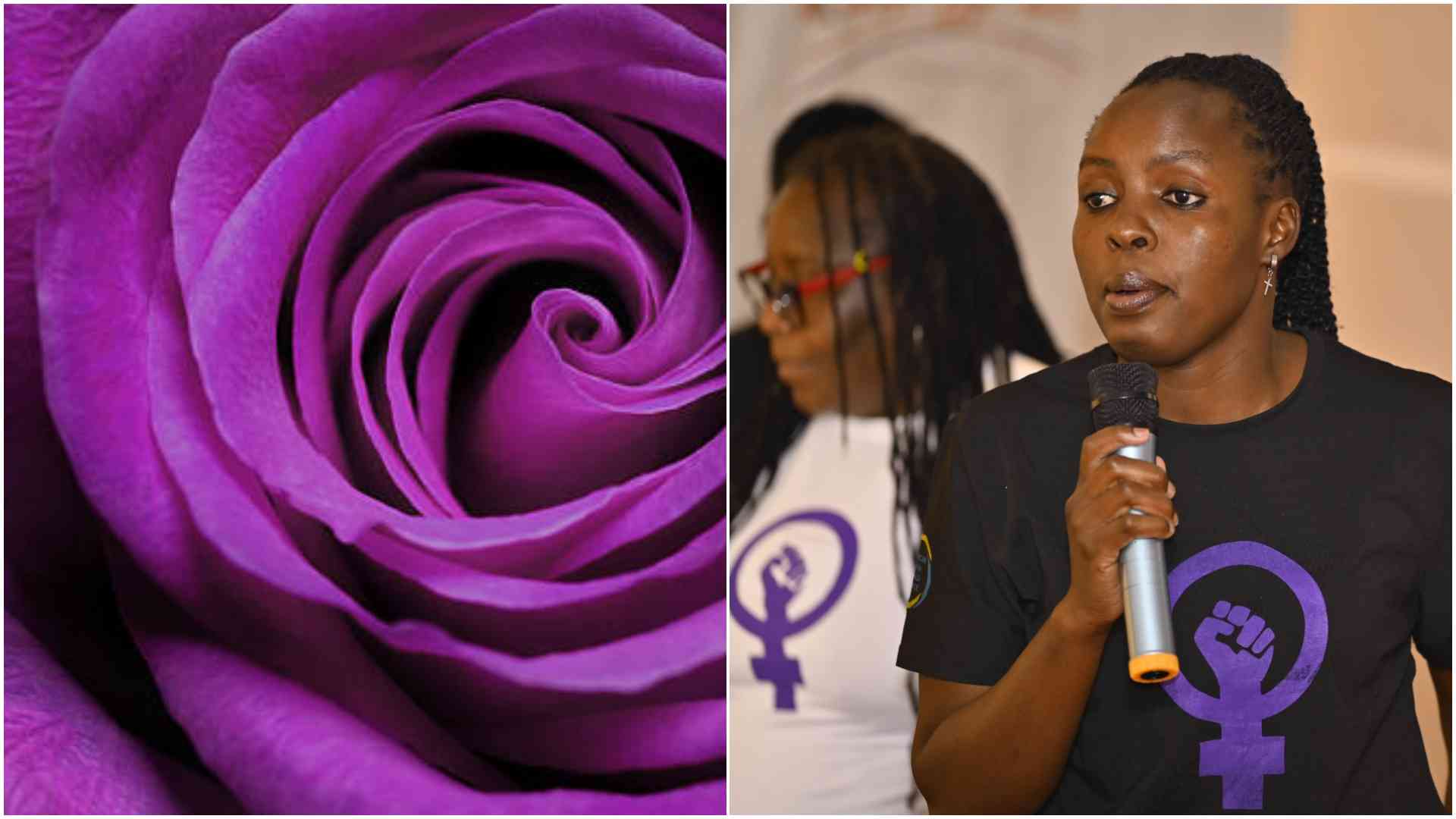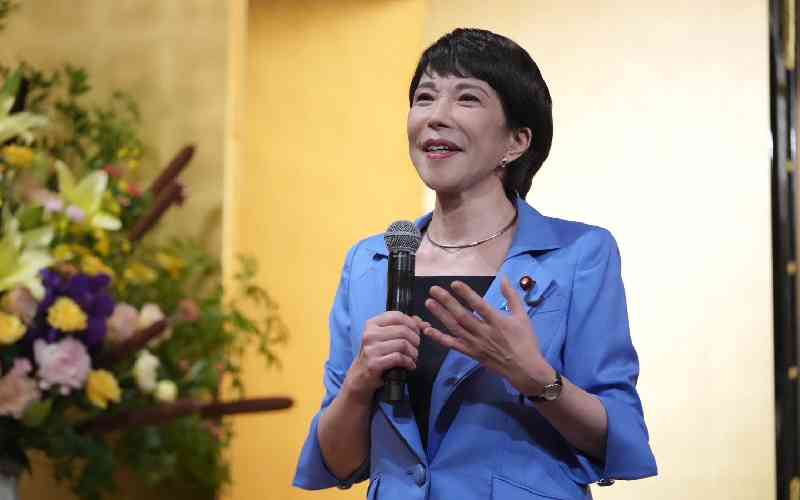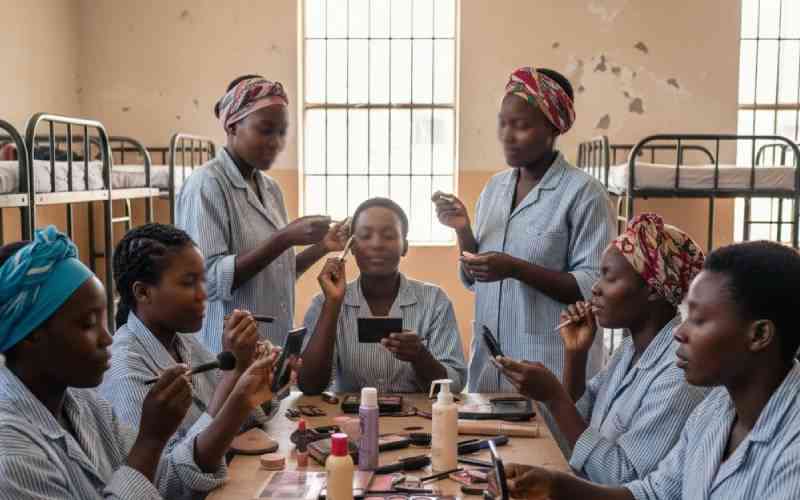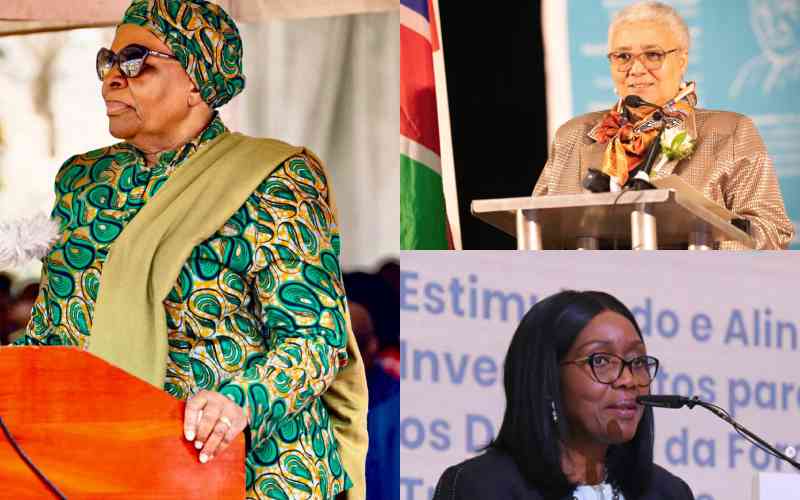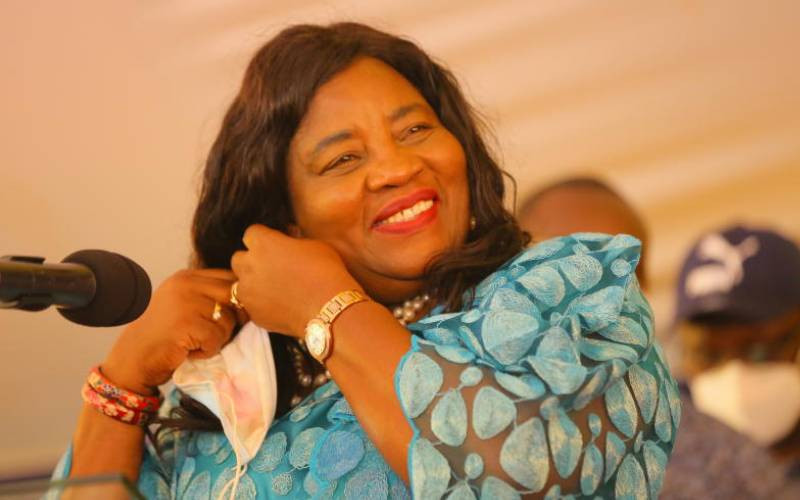
Giving birth to a special needs child is the most unfortunate thing that can happen to any mum, but it becomes even harder when people think it''s a punishment or a curse. Mary Wariga went through such, she shares her story of raising a child with cerebral palsy.
Two weeks to the end of her pregnancy, Mary Warigia realized the baby had suddenly stopped kicking.
“In the last two months, the baby had been kicking so hard inside the womb and when it suddenly stopped, I realized all wasn’t well and quickly sought my doctor’s intervention,” she starts.
At Gertrude’s hospital, a scan confirmed her fears — the umbilical cord had encircled around the baby’s neck. She says: “So serious was the matter that I had to undergo an emergency caesarean section.”
On July 29, 2006, a baby girl weighing 2.9kgs was born but all wasn’t well. Her muscles were floppy, soft like sponge and had serious diarrhoea that she was immediately put on a drip and had to be on it for two weeks.
In the first three months, Mary says hospital was their second home. At four months, her daughter’s neck could not hold up, she again sought help from her doctor as most children her daughter’s age had achieved this milestone.
She was told her baby had cerebral palsy. “The way he broke the news almost made me drop to the ground. How was I to comprehend that my baby would never walk, or even accomplish anything on her own?” she lamented, wondering why doctors can’t first sensitize parents or caregivers before breaking such news. This, Mary says, was the beginning of a difficult journey of raising a child with cerebral palsy.
She couldn’t understand how what she thought was a smooth pregnancy could turn into something she had never thought of. She attended all the antenatal clinics as required and all seemed to be okay. She started the grieving process, she wondered why God could let her go through what she was going through, and she was a single mother. “It was like end of my world,” she says.
After asking herself endless questions and getting no answers, Mary woke up one day and resolved to do everything possible to improve her child’s life.
She immediately embarked on therapies as advised by her doctor. “We were required to attend four therapy sessions weekly and each session cost Sh1,300. It was costly, but I had set my mind on giving my daughter the best,” she says.

David Mathenge (center) ( endorsing)Kenya community center for learning board member Ciriaka Gitonga (left), and Everyn Muthune a parent Photo: Courtesy
Apart from cerebral palsy, the baby was also had autism and epilepsy so she had to seek help from different specialists. The first three years, she says, were the hardest.
“I was scared of going anywhere with my baby because of the stares we got anytime I took her out. There was this time a woman accused me of not caring for my baby well while some thought I had committed a sin and I needed cleansing. There were those who thought I could get help from a witch doctor and wanted to introduce me to the best,” Mary says.
After all the advice and suggestions on what she ought to have done to change her daughter’s condition, Mary decided to develop a deaf ear on such narratives. She vowed to never hide her baby again.
She lauds her employer Lloyd Masika and her cousin Mary Muthoni who stood by her. “Lloyd Masika understood my situation and allowed me to attend to my child. My cousin offered to stay with my child when l went to work. Even getting a house help with enough grace to look after my baby was hard,” she says.
After five years, her baby started to stabilize but still couldn’t walk or talk.
Mary says she had few choices for a school so she got one in South C, Nairobi. One day, she made an impromptu visit to the school and found her daughter alone, outside while the rest were learning.
Mary would later experience the same in her church - the only institution she trusted the most. In a hotel at an airport, she was once told her baby was making noise for other guests.
Although she was immune to such statements, Mary couldn’t help but think of other new mothers who had to go through what she was going through. “Right from the time I discovered my daughter had cerebral palsy, I realized there were so many misconceptions about the condition and very little information about it, this is how Orion Foundation was born,” she says. “Orion is an information hub. Anything you want about cerebral palsy, you can get it here.”
Her organization is working with the government to develop guidelines on cerebral palsy.

Through Orion, Mary has so far has empowered over 300 women, using her own resources. “I get a lot of people to train but this I do from my own pocket and sometimes it is challenging,” she adds. The first child in a family of two, Mary says rural areas such as Gatundu where she was born are the most affected in terms of stigmatization since people don’t have proper information on such conditions. A University of Nairobi almuni, she says cerebral palsy can affect anyone, and people need to embrace children born with such a condition.
“I went into depression and missed work for two months after knowing what my baby was suffering from. Many mothers go through this due to stigma and you don’t know who to talk as people have all sorts of ideas,” she says.
 The Standard Group Plc is a multi-media organization with investments in media
platforms spanning newspaper print
operations, television, radio broadcasting, digital and online services. The
Standard Group is recognized as a
leading multi-media house in Kenya with a key influence in matters of national
and international interest.
The Standard Group Plc is a multi-media organization with investments in media
platforms spanning newspaper print
operations, television, radio broadcasting, digital and online services. The
Standard Group is recognized as a
leading multi-media house in Kenya with a key influence in matters of national
and international interest.




